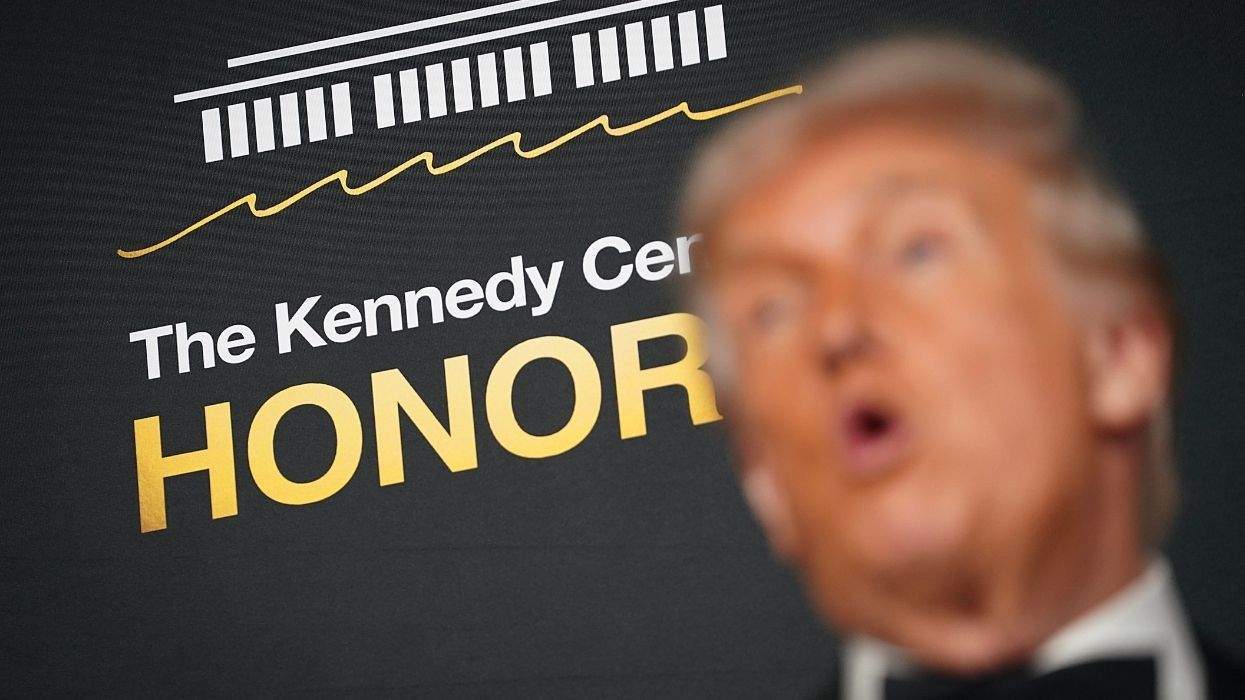When Zhang Yuan released East Palace, West Palace in 1996, its bold exploration of the power play between a police officer and a gay man set off alarms among China's highly sensitive censors. Authorities confiscated his passport to prevent him from promoting the film overseas, and the movie was never shown on the mainland.
A decade later state-run media lavished praise on the director's Little Red Flowers -- a seemingly innocuous story about a rebellious child at a kindergarten.
So now critics are questioning whether China's former ''underground'' directors have compromised their artistic independence for mainstream recognition.
Some filmmakers acknowledge they have, but they also say China's strict censorship standards have loosened and that truly talented filmmakers can still make critical films within the system.
The directors also say finding an audience for their art-house movies in a market dominated by commercial blockbusters is a bigger problem than censorship. None of the more mainstream films by former underground directors have become major box-office draws.
''There are many movies I want to make but I can't. Sometimes I think I'm wasting my time,'' Zhang told the Associated Press recently, saying that he tries to strike a balance between expressing his ideas and pleasing censors.
''It's a very difficult path to take,'' he said.
Li Yang, who directed 2003's Blind Shaft -- a dark picture about greed and illegal coal mines in China -- also acknowledges caving to censors.
''How can you not make compromises? It's impossible,'' said Li. Blind Shaft, which garnered several international awards, was never authorized for release in China, although it's widely available on pirated DVD.
Li acknowledged making some changes to his latest film, Blind Mountain, about a young woman who's sold to a farmer as a bride, so that it would pass the censors, but declined to reveal the changes. Directors are required to submit both their finished film and the entire script to censors.
One reason directors may be willing to compromise is that they yearn for a connection with their home audience, said director Li Yu, whose 2003 lesbian-themed film Fish and Elephant was banned.
''If foreigners can understand 50% or 60% of what we're trying to say in our movies -- China's cultural background, interpersonal relationships, the difficulties that government policies create -- that's quite good. But the people who truly understand our movies are Chinese themselves,'' she said.
Some directors say, however, that they've been able to stand their ground as China shifts away from treating movies as propaganda and censors become flexible.
Jia Zhangke, known for his stark portrayals of working-class struggles, said he rejected two requested cuts to his 2006 movie Still Life, set in a small town about to be demolished to make way for the Three Gorges Dam, but was still allowed to show it in China. The film, Jia's sixth, was his first to be screened on the mainland.
Jia said his newest movie, the documentary Useless, which highlights China's gap between rich and poor by juxtaposing the life of a fashion designer with small-town tailors, cleared censors without any cuts.
''If you change your fundamental principles about creativity and your understanding of society for the sake of getting your movies released, you might as well not make movies,'' Jia said.
Director Lou Ye, once banned by the Chinese government, said censors are more lax than 10 years ago, with fewer changes or cuts being demanded.
And Li Yu says critical movies are feasible, but ''if you portray negative things they have to be conquered by righteous themes in the end.''
Li just went through a difficult censorship process with Lost in Beijing, a powerful movie about a foot-massage parlor owner who rapes and impregnates an employee, then pays her so that he can keep her baby. After heavy editing, the film has been cleared but still hasn't been released.
Director Wang Xiaoshuai, who made his China debut with his ninth movie, says the bigger obstacle is marketing alternative films amid the popularity of big-budgeted commercial epics. Unlike the United States, China doesn't have a separate art-house circuit.
There's also a newer community of underground filmmakers who shoot digital movies without government approval but don't meet much interference from Chinese officials.
Documentary maker Du Haibin says he hasn't run into problems showing his films at bookstores, bars, and university campuses.
''I'm used to this way of working. What I appreciate the most about it is the creative freedom,'' he said. (Min Lee, AP)
















Charlie Kirk DID say stoning gay people was the 'perfect law' — and these other heinous quotes
These are some of his worst comments about LGBTQ+ people made by Charlie Kirk.